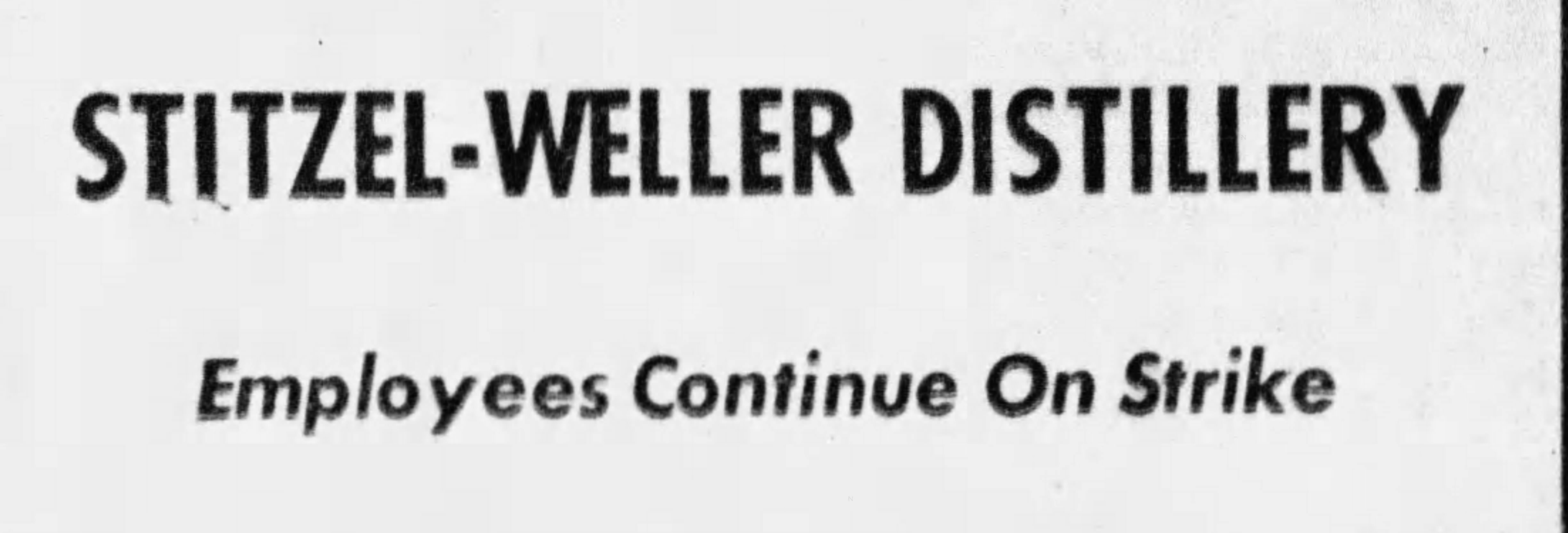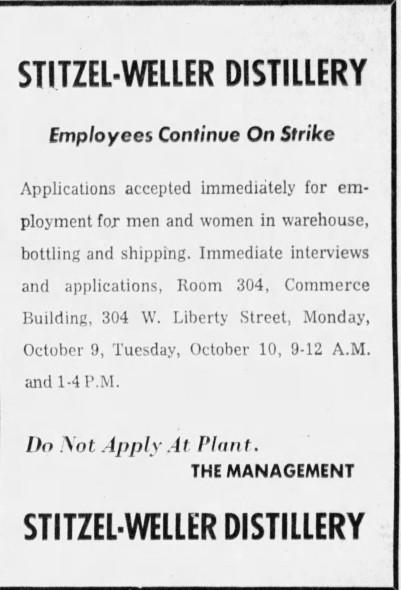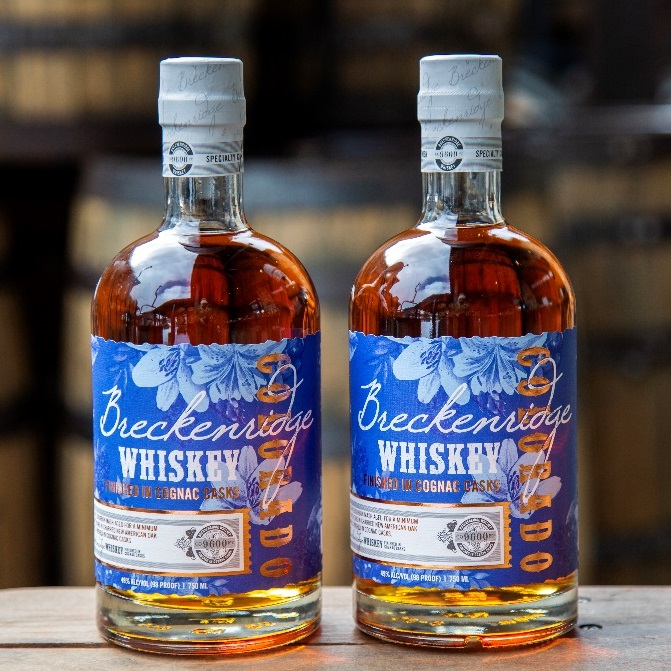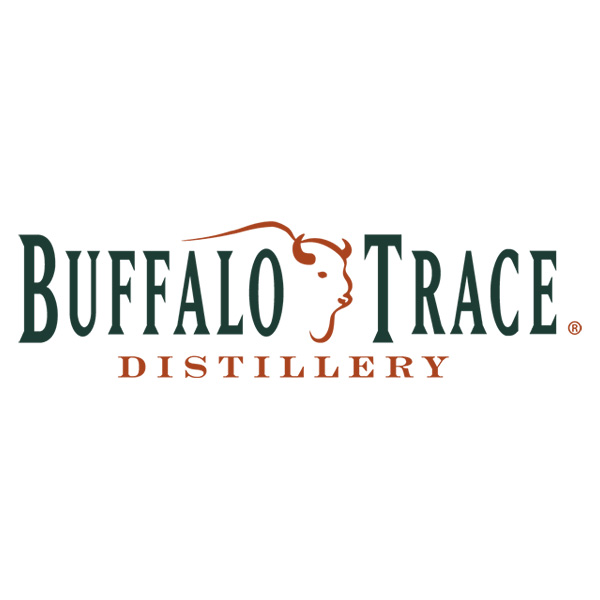Distillery Strikes: It Happens

Jim Beam workers voted to go on strike yesterday. The strike begins Friday at midnight if Beam Suntory and the Union Food and Commercial Workers Local 111D do not reach an agreement.
It’s not the first time a major distillery’s workforce has made this decision.
Here are a few of the headline grabbers of their time. Some turned violent.
 1900 — Cincinnati: Fleischmann’s malters complained of low wages and went on strike.
1900 — Cincinnati: Fleischmann’s malters complained of low wages and went on strike.
1934 – Pekin, Illinois: American Distillery picketers injured four men with clubs and bricks when 200-non union workers tried to enter the premises during a strike.
1936 – Pekin, Illinois: American Distilling Company workers refused to work until they obtained seniority rights. And the local sheriff was quoted as saying “I fear violence.” He wired the Illinois governor for National Guard Troops. State and federal officials helped settle this labor dispute.
1941 – Peoria, Illinois: Hiram Walker & Sons workers went on a seven day strike to a wage increase from 15 cents per hour to 20 cents.
1943 – Pittsburgh: During the industrial alcohol production for World War II, workers at A. Overholt, Large and Broad Ford plants went on strike to protest the War Labor Board’s delay in acting on the worker plea for higher wages.
1947 – Louisville: Yellowstone Distillery workers went on strike for wage increases, especially during holiday hours. When the pay raise was settled, the union agreed to an increase of 15 cents an hour for women and 20 cents per hour for men.
1953 – Schenley, Pa.: Joseph S. Finch plant workers struck for two days over an undisclosed grievance.
1959 – Joseph S. Finch strike again during contract talks.
1971 – Louisville: Brown Forman workers attempted to strike, but a judge ruled the union in question had been illegally operating as a labor organization.
1961 — Louisville: Stitzel-Weller workers went on strike and were allegedly harassing employees. They wanted a 20-cent per hour wage increase. The distillery faced labor problems throughout the 1960s.
1978 – Kentucky: National Distillers workers planned a month-long strike with other state union workers to increase Kentucky wages.
So, while this Jim Beam strike is atypical in today’s bourbon news cycle, it’s historically in line with the industry.
Nonetheless, with Kentucky’s current political climate, this strike could have greater implications than bourbon. Kentucky governor Matt Bevin does not side with unions. Bourbon, though, has a way of making people change their minds.
Fred Minnick is the author of Bourbon: The Rise, Fall & Rebirth of An American Whiskey.








